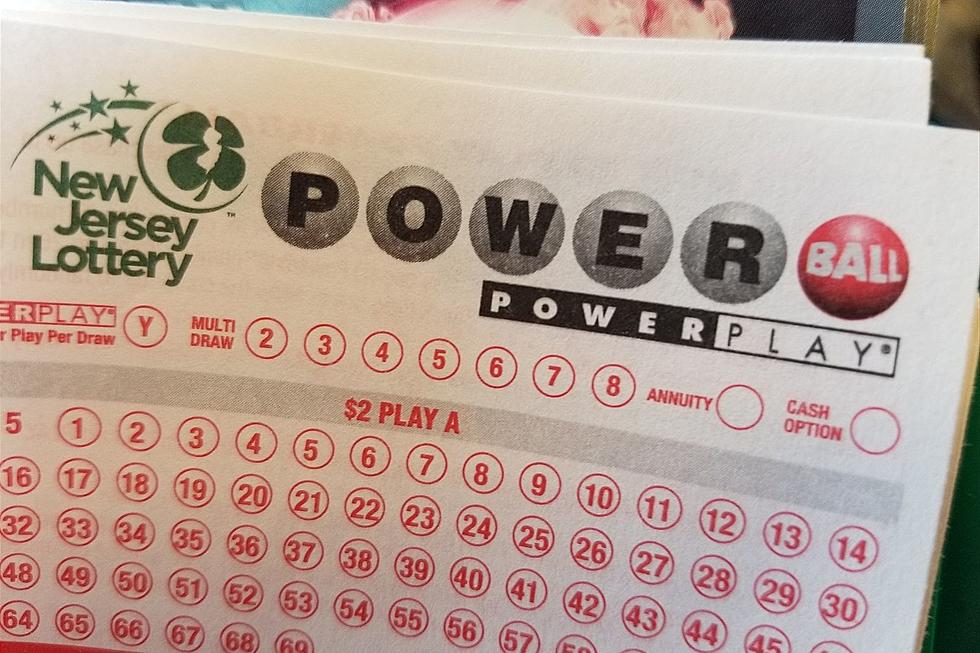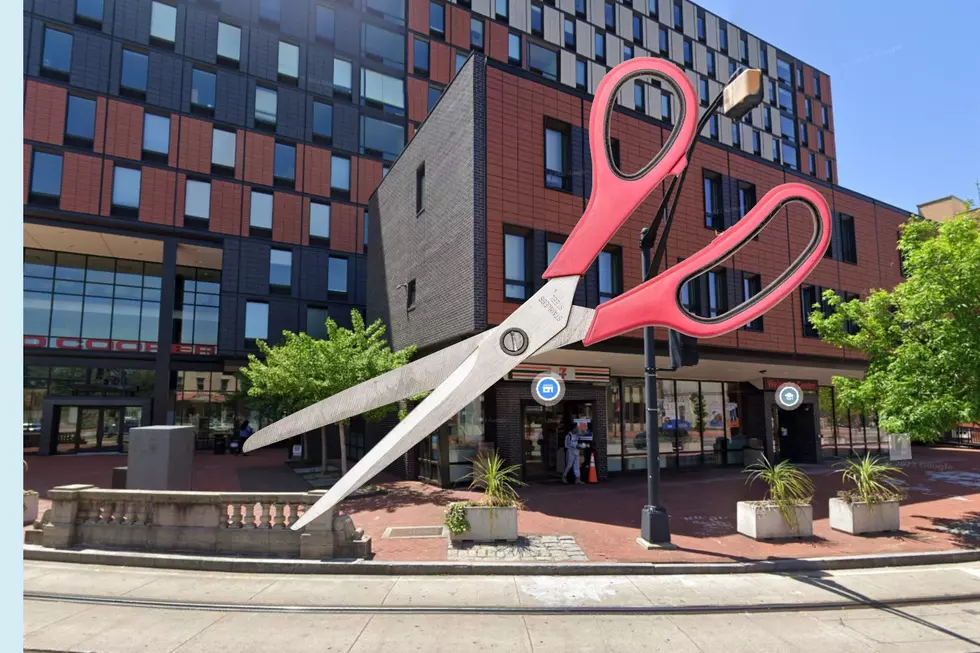NJ Assembly Approves Minimum Wage Hike Measure
New Jersey voters may have the final say on whether the state's minimum hourly wage should be raised from $7.25 an hour to $8.25, now that the General Assembly has approved a measure sponsored by Speaker Sheila Oliver and Assembly members Tim Eustace and Grace Spencer to put the question directly before registered voters at the next general election.
Republicans say Democrats are making the issue a political football in a gubernatorial election year.
"You have to be reasonable," says Assembly Republican Leader Jon Bramnick. "They talk about bi-partisanship. Well, show bi-partisanship and come to some compromise with our side of the aisle and the Governor (Chris Christie)……If you want to solve the problem, let's solve the problem. If you want to play politics then I think the public is going to uncover your scheme…..They'd like to put it on the ballot for political purposes."
Democratic Assemblyman Tim Eustace says, "They (Republicans) chose to make this a political football…..It didn't have to go on the ballot. They could have taken the true responsibility and raised the minimum wage."
The bill was approved 46-29-1. If it is also approved again next year by the Assembly by a majority vote, it can go on the November 2013 ballot for voter consideration. The resolution is one of several legislative measures being pushed by Democrats in the Assembly in an effort to spur job creation and jumpstart economic recovery in the state.
"With the worst recession in a generation still being felt across the nation, we are focused on getting New Jersey's economy going again while helping working families make ends meet. Raising the minimum wage helps us do both," says Oliver. "Families are relying on low-wage jobs more than ever. A stronger minimum wage will help restore the consumer spending that powers our economy and that local businesses need in order to grow. A robust minimum wage is a key building block of sustainable economic recovery. The time for economic rebound is now, not later."
The concurrent resolution would propose a constitutional amendment that, if approved by New Jersey voters, would set the minimum wage in New Jersey at $8.25 per hour, and provide annual cost of living increases based on increases in the consumer price index. The cost of living increases would be added to the initial rate and any subsequent increases in the minimum wage made by law. Also, if the federal minimum wage is raised above the state rate, the state rate would be raised to match the federal rate. Future cost of living increases would then be added to that rate.
Eustace says, "New Jersey is one of the most expensive states to live in. Let's give these families the resources they need to thrive, not just survive."
Assembly Deputy Republican Leader Anthony Bucco says, "Increasing the minimum wage will not help New Jersey's economy, especially now when we are recovering from one of the worst natural disasters in state history. Republican legislators and Governor Christie will not support legislation that will harm our state's businesses and make it harder to create jobs. This end-around the Governor is a ridiculous misuse of the state Constitution and sets a dangerous precedent."
Raising the minimum wage to $8.25 would give New Jersey one of the highest minimum wages in the country (Washington, Oregon and Vermont have minimum wages greater than $8.25; Connecticut, Illinois, Nevada and the District of Columbia set $8.25 as their minimum). The annual income for a full-time employee working the entire year at the current minimum wage is $15,080; raising the minimum wage would raise that figure to $17,160. A weekly paycheck would go from $290 to $330, a difference of $40.
More From WPG Talk Radio 95.5 FM
![Is the Minimum Wage Ripple Effect Real? [AUDIO]](http://townsquare.media/site/385/files/2013/09/6848823919_724f516a05_z.jpg?w=980&q=75)









